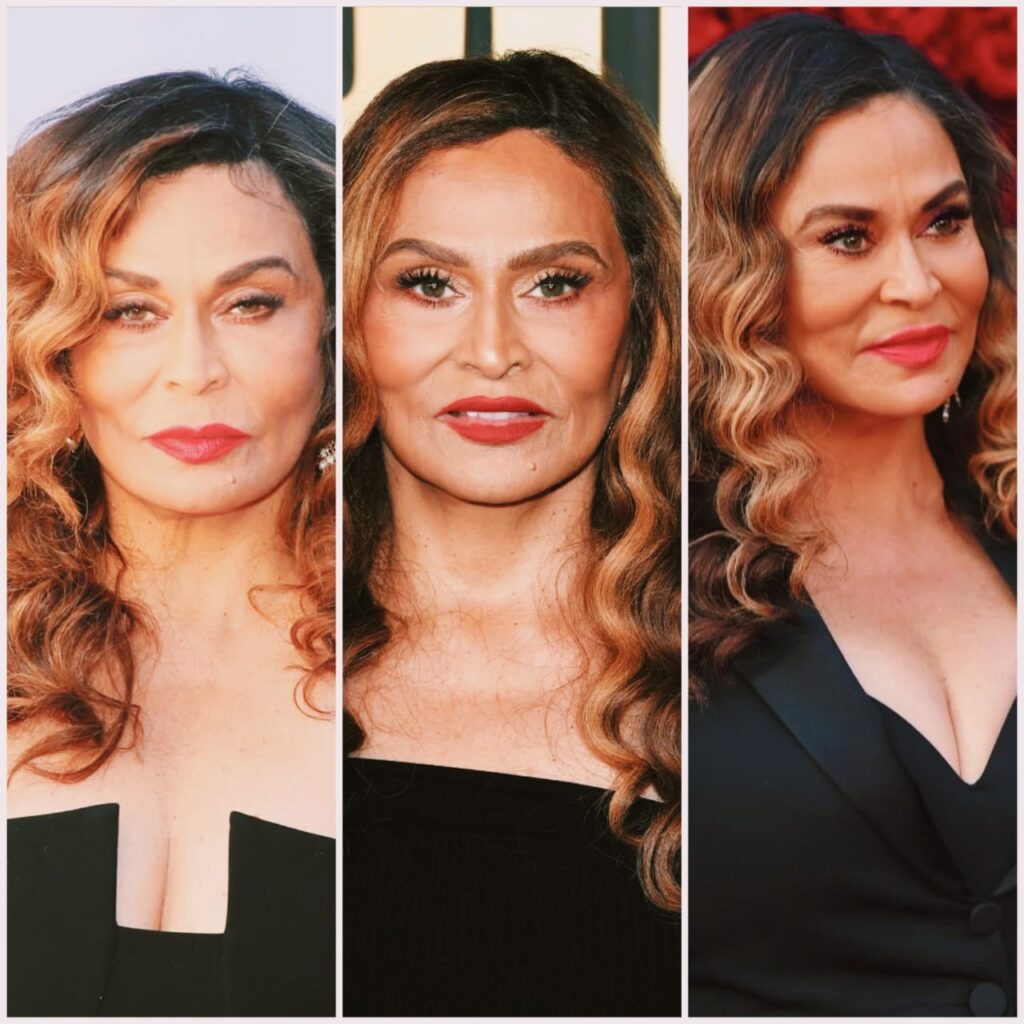
Tina Knowles, mother of global music icons Beyoncé and Solange, recently revealed her private battle with breast cancer in an emotional interview. The 70-year-old fashion designer and philanthropist shared her story to emphasize the lifesaving power of routine mammograms—a step she initially postponed, a decision she now calls “a wake-up call for every woman.” Her journey underscores a critical message: early detection through regular screenings can dramatically improve survival rates, yet millions of women still skip these appointments due to fear, misinformation, or logistical hurdles.
Knowles’ diagnosis came after she delayed her annual mammogram for nearly two years, a common scenario among women juggling busy lives. “I kept putting it off—work, family, everything else felt more urgent,” she admitted. By the time she finally underwent the scan, doctors detected early-stage breast cancer. Fortunately, her treatment—a combination of surgery and radiation—was successful. But her story highlights a troubling trend: according to the American Cancer Society, nearly 1 in 3 women skip recommended mammograms, despite 99% survival rates when breast cancer is caught early.
Breast cancer remains the second most common cancer among women worldwide, with over 300,000 new cases expected in the U.S. in 2024 alone. Dr. Laura Esserman, a leading oncologist at the University of California, San Francisco, explains, “Mammograms aren’t perfect, but they’re the best tool we have to catch cancer before symptoms appear. Delaying screenings gives cancer time to spread, making treatment harder and outcomes less predictable.” The five-year survival rate for localized breast cancer is 99%, but it drops to 29% if the disease reaches distant organs.
Knowles’ experience mirrors broader disparities in healthcare access. Women of color, in particular, face systemic barriers to timely screenings. Data from the CDC shows Black women are 40% more likely to die from breast cancer than white women, often due to later-stage diagnoses. “This isn’t just about individual responsibility,” says Dr. Karen Knudsen, CEO of the American Cancer Society. “It’s about addressing gaps in education, insurance coverage, and culturally competent care.” Free screening programs and mobile mammography units have helped bridge these gaps, yet participation remains uneven.
Psychological barriers also play a role. Fear of pain, radiation exposure, or bad news keeps many women from scheduling appointments. Knowles recalls her own anxiety: “I’d heard mammograms hurt, and I didn’t want to face what they might find.” Modern mammography, however, has evolved. Advances like 3D imaging and personalized screening schedules—tailored to factors like breast density and family history—have made tests more accurate and comfortable. “The discomfort lasts seconds, but early detection adds decades to your life,” says Dr. Sarah Friedewald, a radiologist at Northwestern Medicine.
Knowles’ advocacy extends beyond screenings. She stresses the importance of self-exams and knowing family medical history. Her sister, cousin, and close friend all battled cancer, a pattern that motivated her to stay vigilant. Genetic testing, she says, empowered her to make informed decisions. While only 5–10% of breast cancers are linked to inherited mutations like BRCA1 or BRCA2, experts urge women with a family history to discuss testing with their doctors.
The conversation around mammograms has grown more nuanced in recent years. Guidelines now vary by organization: the U.S. Preventive Services Task Force recommends screenings every two years starting at 50 for average-risk women, while the American College of Radiology advises annual screenings starting at 40. Dr. Deborah Rhodes, a Mayo Clinic specialist, argues, “One-size-fits-all guidelines ignore individual risk factors. Women need to partner with their doctors to create personalized plans.”
Public figures like Knowles are pivotal in shifting attitudes. After her diagnosis, she launched initiatives to fund free mammograms for underserved communities. “If my story convinces one woman to get screened, it’s worth it,” she says. Her efforts align with campaigns like Breast Cancer Awareness Month, which have boosted screening rates by 33% since the 1990s. Still, challenges persist. A 2023 study in JAMA Oncology found that 40% of women who skipped mammograms cited cost or lack of insurance as barriers—a gap organizations like Susan G. Komen are working to close through financial aid programs.
Technology is also reshaping prevention. Emerging tools like AI-powered mammography analysis and blood tests for cancer biomarkers promise to enhance early detection. Meanwhile, lifestyle changes—maintaining a healthy weight, limiting alcohol, and avoiding smoking—can reduce breast cancer risk by up to 30%. “Screening is just one piece of the puzzle,” says Dr. Freya Schnabel, a surgeon at NYU Langone Health. “Proactive health habits and advocacy are equally vital.”
Knowles’ candidness has sparked a broader dialogue about women’s health priorities. “We’re so busy caring for others that we neglect ourselves,” she reflects. Her message resonates with mothers, caregivers, and career-driven women alike. By sharing her story, she joins a chorus of survivors and medical experts urging women to view mammograms not as optional, but as nonnegotiable acts of self-care. As breast cancer rates rise among younger women—a 2022 study noted a 2% annual increase in women under 50—the stakes have never been higher.
In closing, Knowles’ journey is a testament to resilience and the power of early action. Her advice is simple yet urgent: “Schedule that mammogram. Talk to your family. Advocate for your health. It’s not just your life—it’s the lives of everyone who loves you.” With breast cancer affecting 1 in 8 women globally, her words serve as a universal call to prioritize prevention, embrace science, and rewrite the narrative around survivorship.
